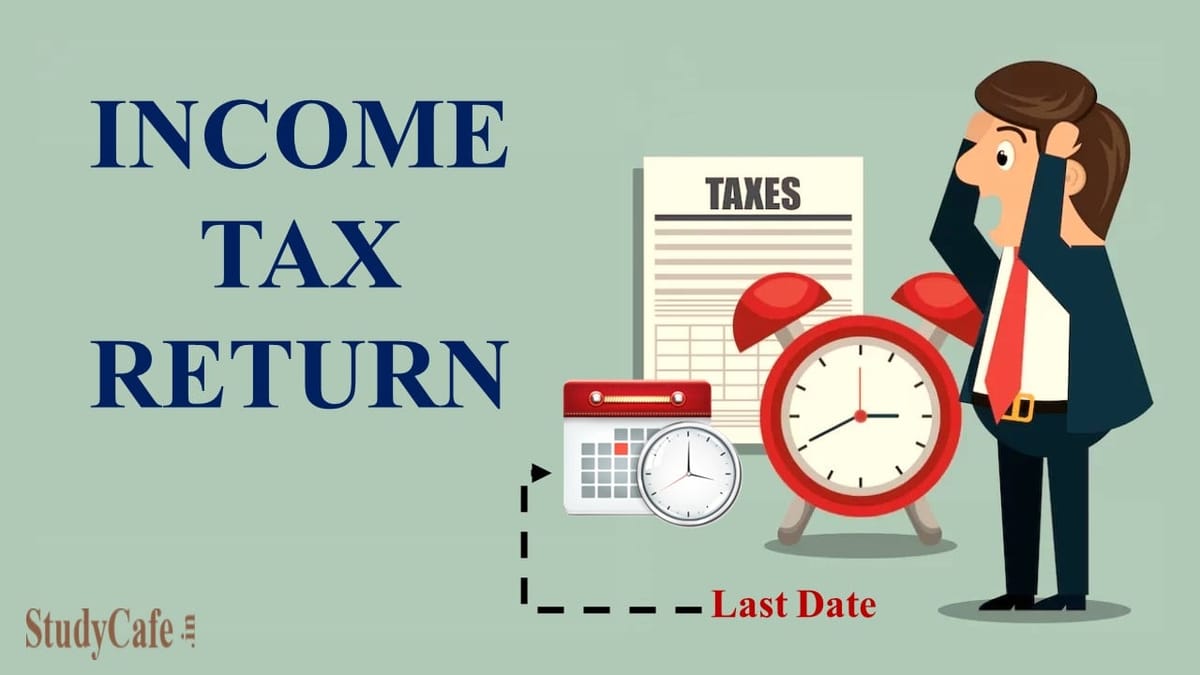Know the Last Date to File Income Tax Return for FY 2021-22 (AY 2022-23) Here
Sushmita Goswami | Jul 30, 2022 |

Know the Last Date to File Income Tax Return for FY 2021-22 (AY 2022-23) Here
The deadline for filing ITR is tomorrow, July 31, and many people are hoping for an extension. This deadline applies to individuals whose accounts do not need to be audited. The government, on the other hand, has stated unequivocally that there are no plans to extend the deadline for filing ITR.
It is critical for taxpayers to understand that the ITR currently being filed is for the financial year 2021-22, i.e., income earned between April 1, 2021 and March 31, 2022.
To begin the ITR filing process, you must first determine whether your total income (before any deductions) exceeds the exemption limit.
Individuals under the age of 60 can claim an exemption of up to Rs 2.5 lakh, regardless of whether they choose the new or old income tax regime. If your total income exceeds Rs 2.5 lakh, you are required to file an ITR.
The following step would be to gather the necessary documents for ITR filing. TDS certificates such as Form 16 (from your employer), Form 16A (from banks), interest certificates, capital gains statements, and so on are included.
After gathering all of the required documents, you must choose the ITR form that corresponds to your income sources. Following that, you can electronically file your income tax return through the new e-filing income tax portal. Remember to verify your ITR after you file it. If the verification process is not followed, the ITR will not be processed. Furthermore, the Income Tax Department will assume that you have not filed the ITR.
If an individual fails to file an ITR for FY 2021-22 (AY 2022-23) by the due date of July 31, 2022, there are both monetary and non-monetary consequences. Filing an ITR after the due date will result in a late filing fee of up to Rs 5,000. If there are any tax arrears, penal interest will be levied as well.
An individual cannot carry forward losses in the case of a late ITR (except in case of income from house property).
In case of any Doubt regarding Membership you can mail us at [email protected]
Join Studycafe's WhatsApp Group or Telegram Channel for Latest Updates on Government Job, Sarkari Naukri, Private Jobs, Income Tax, GST, Companies Act, Judgements and CA, CS, ICWA, and MUCH MORE!"